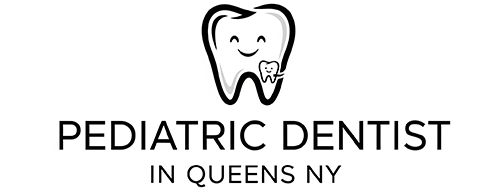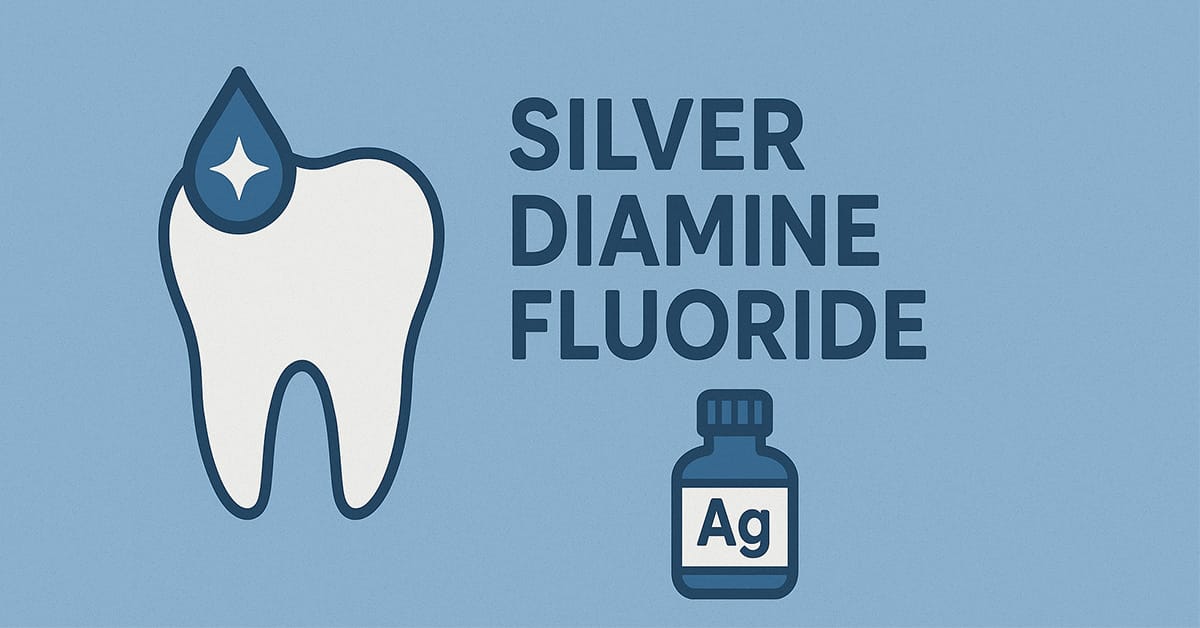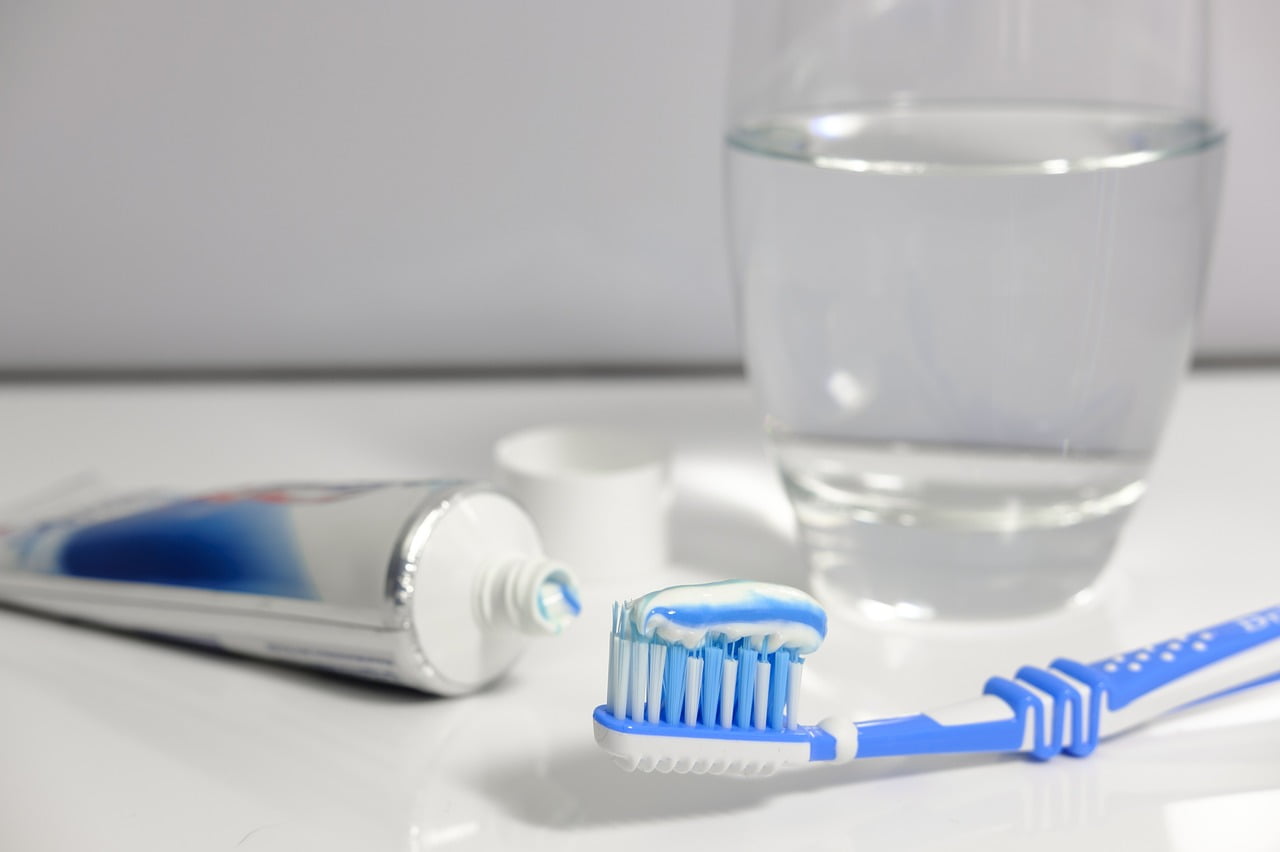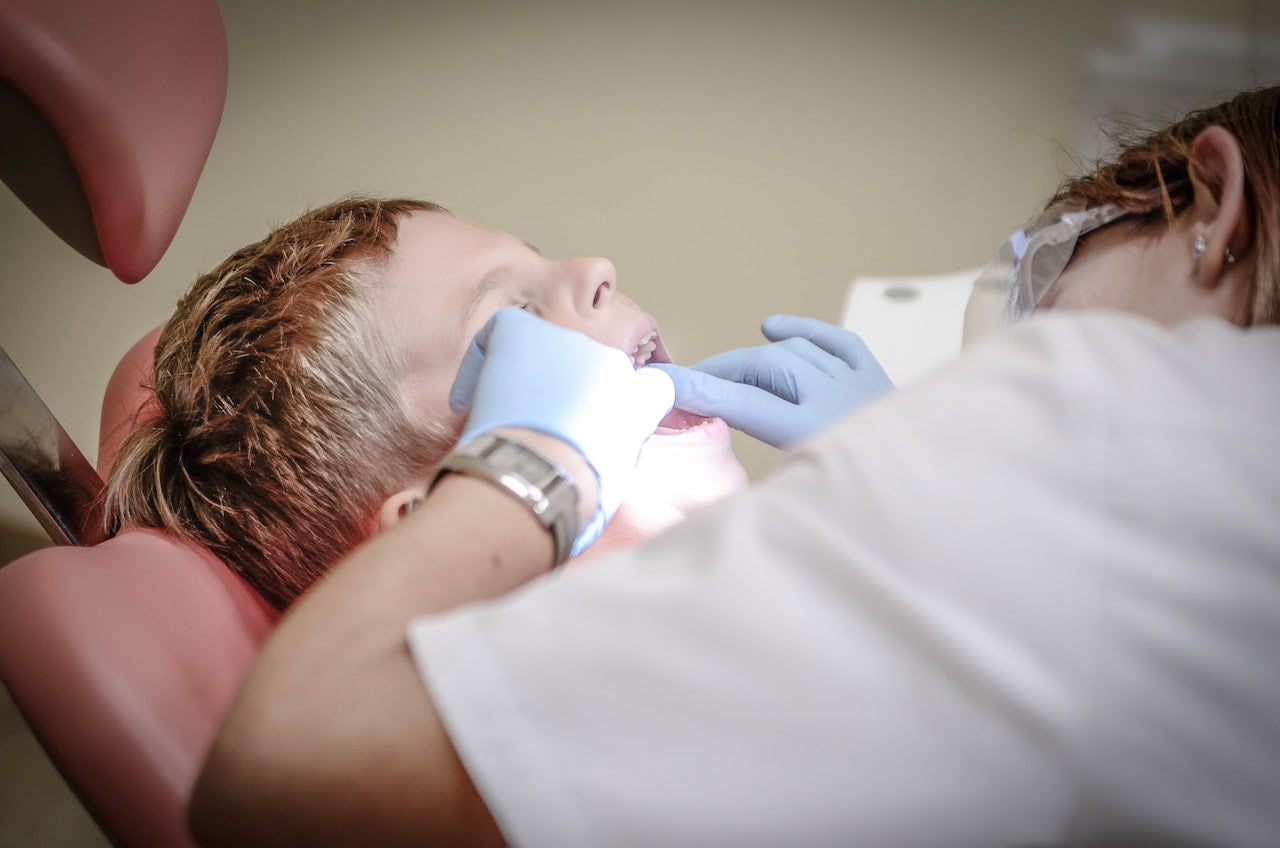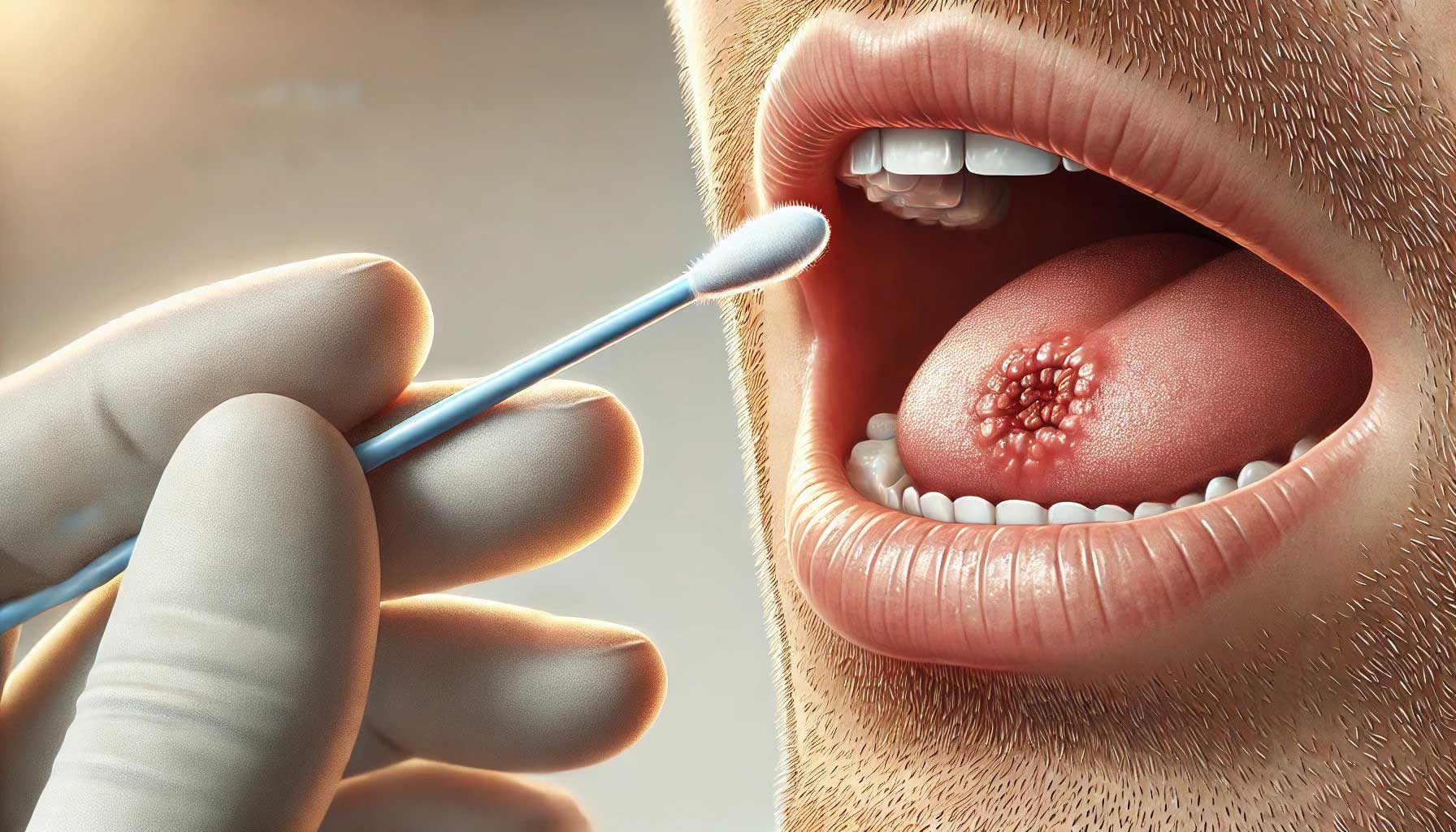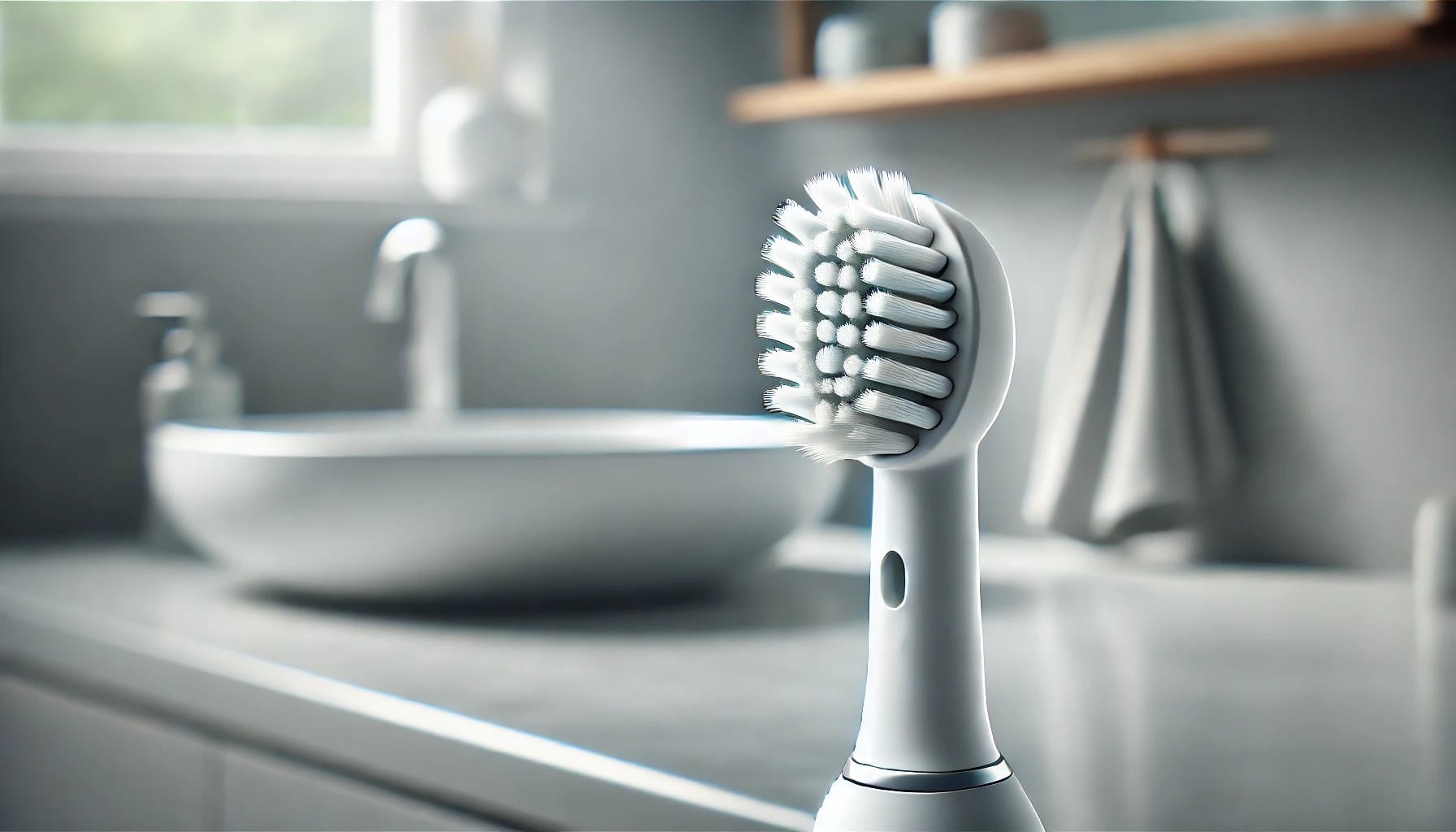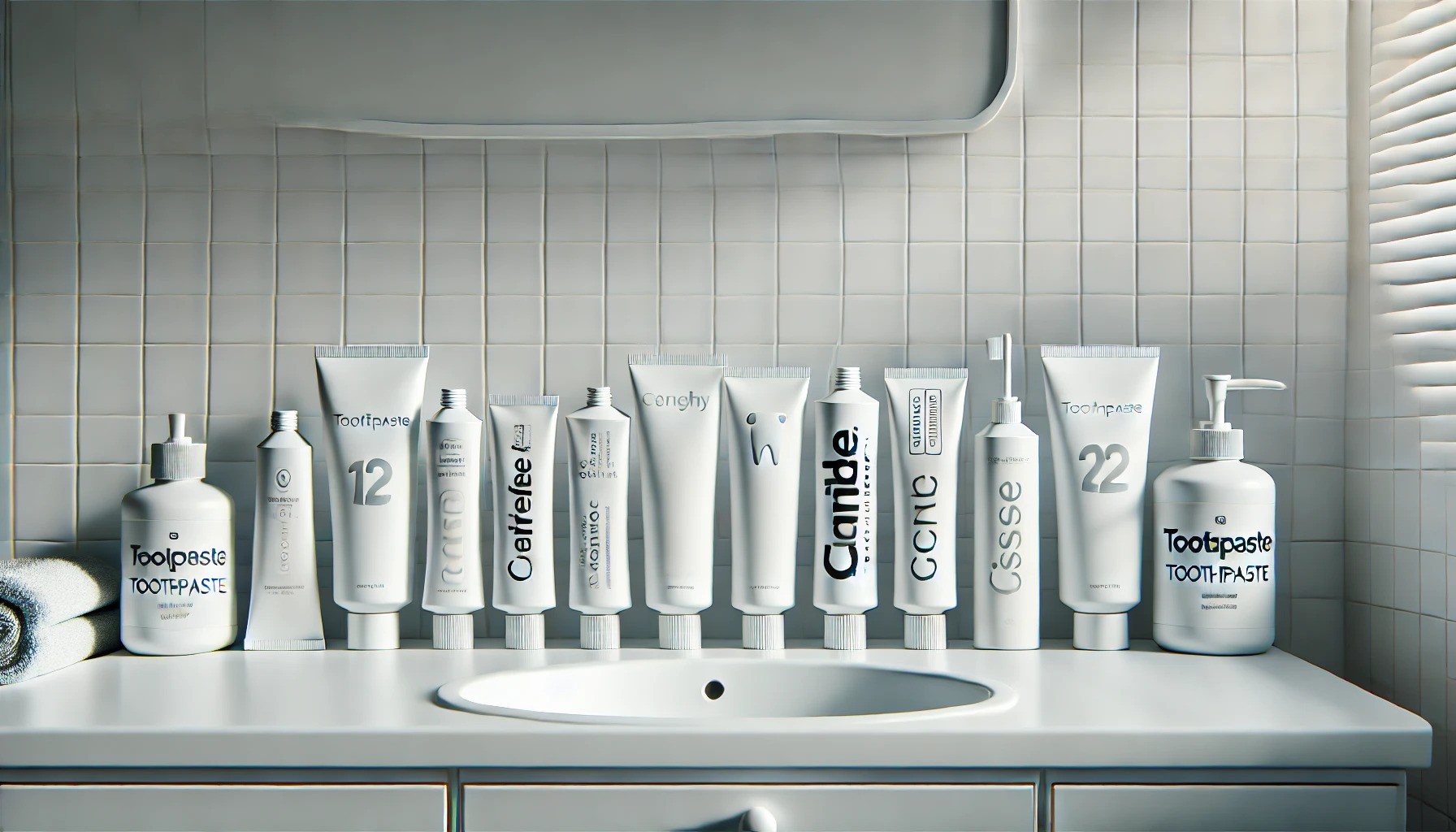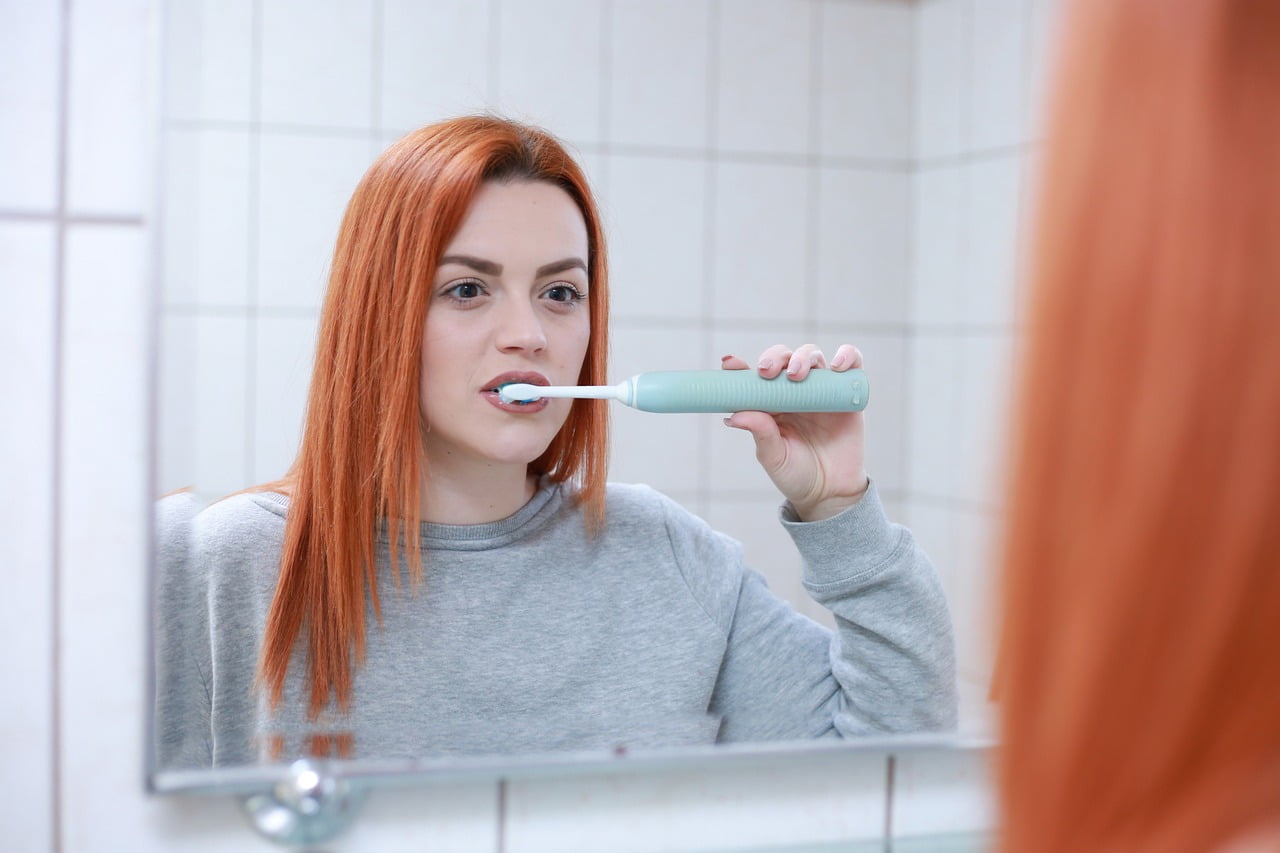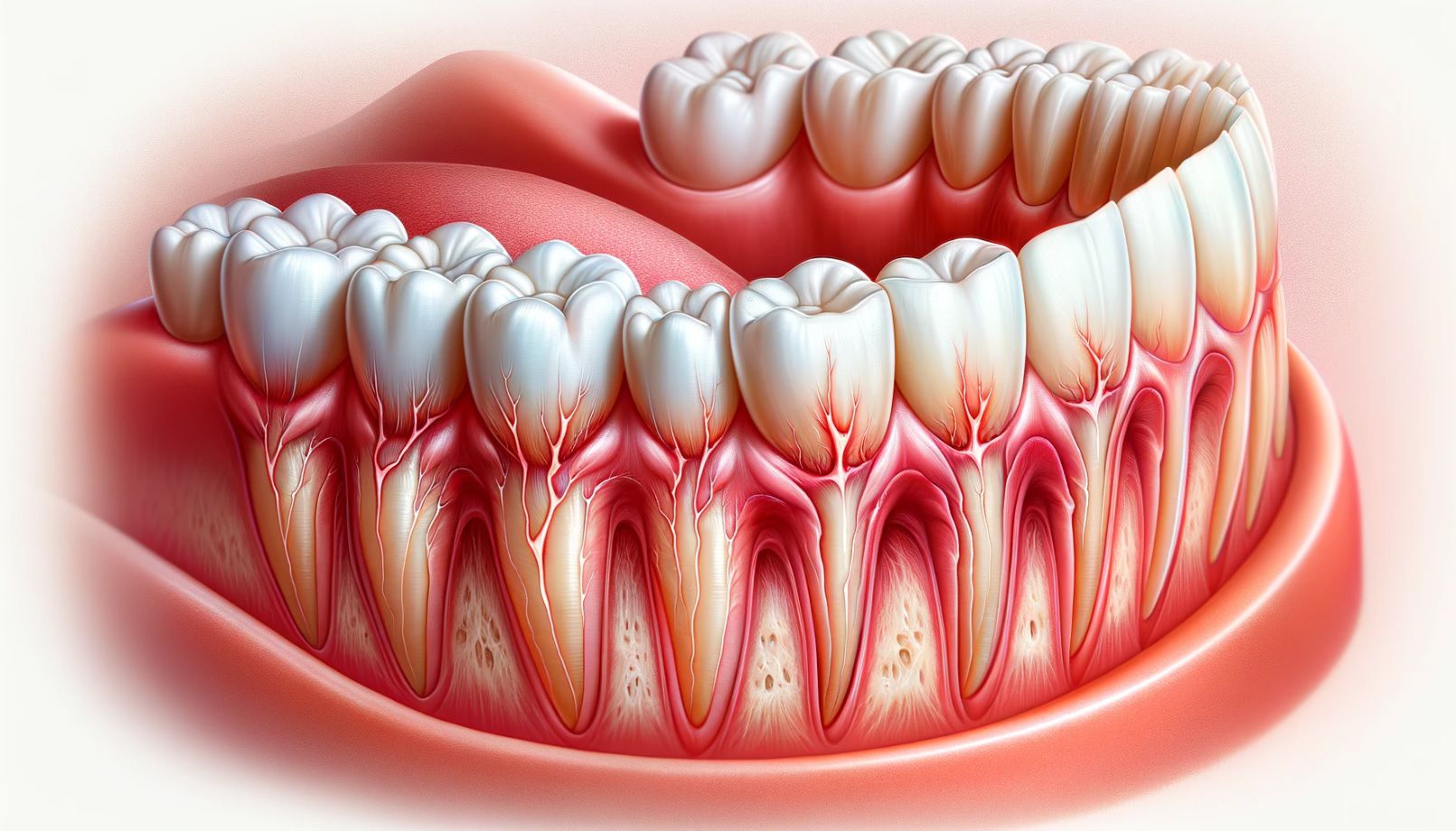Silver Diamine Fluoride: The Breakthrough Solution for Kids’ Cavities
I’m not here to sugarcoat it – dental caries (cavities) are still the most common chronic disease in children, even now. Walk into any paediatric clinic, and you’ll hear worried parents and anxious kids. But here’s what’s changed: Silver Diamine Fluoride, or SDF, is flipping the script on how we treat tooth decay for children, … Read more
